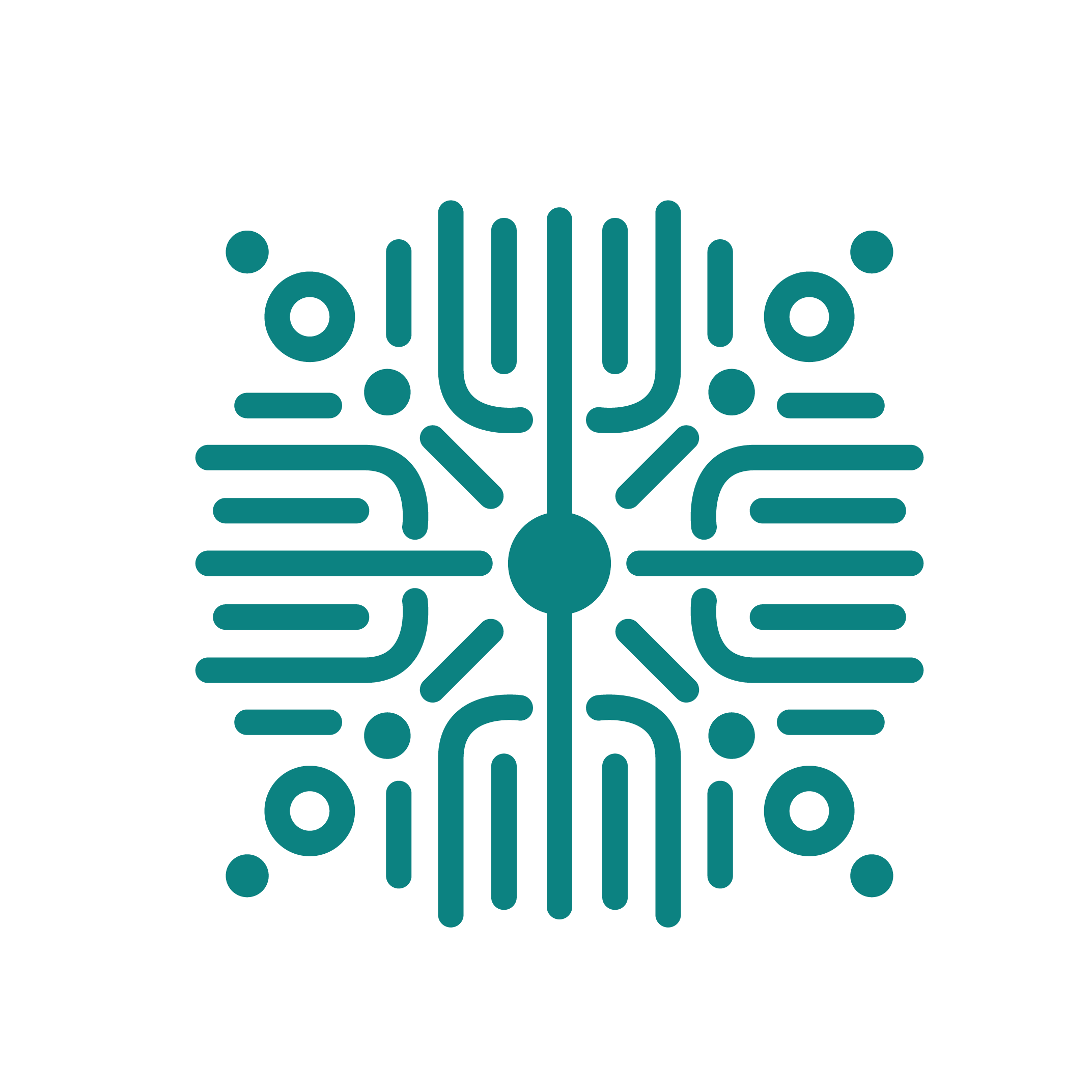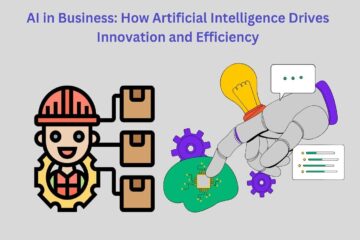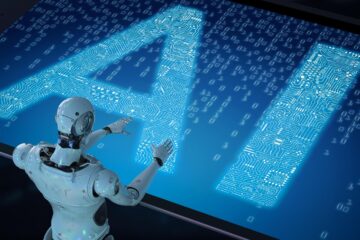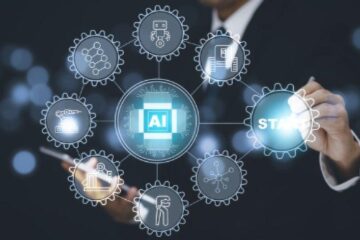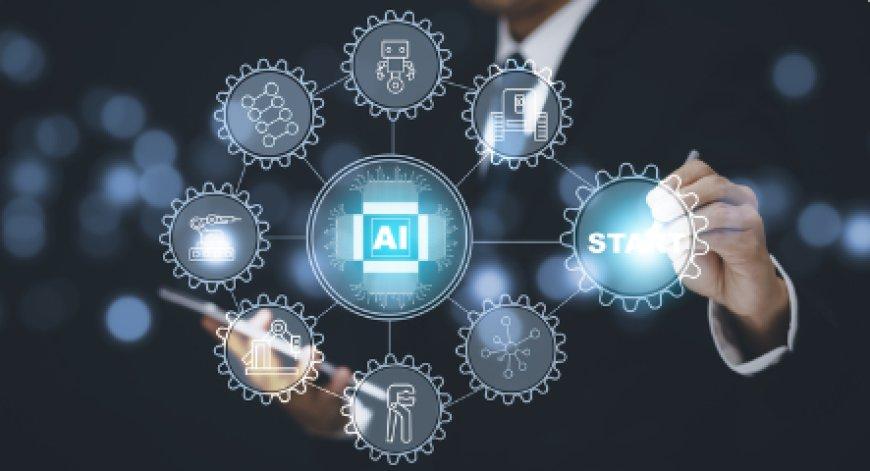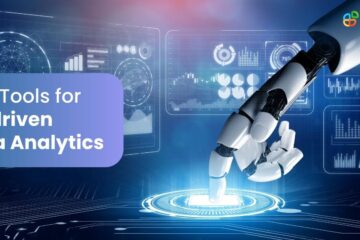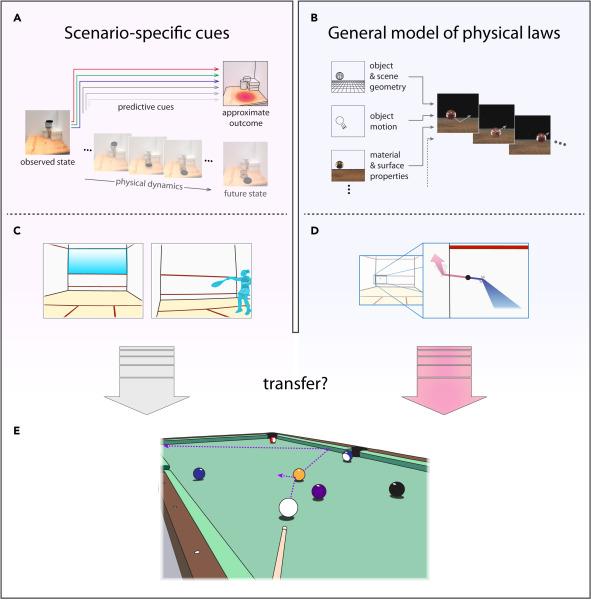
Intuitive physics learning in a deep-learning model inspired by developmental psychology
Intuitive Physics Learning in a Deep-Learning Model Inspired by Developmental Psychology
Recent advancements in artificial intelligence (AI) have pushed the boundaries of how machines learn and interact with the world. A new study from DeepMind showcases an innovative deep-learning model that draws inspiration from developmental psychology to enhance intuitive physics learning. This article delves into the findings of this research, its implications for AI development, and the potential applications in various fields.
Understanding Intuitive Physics Learning
Intuitive physics refers to the innate understanding humans have about physical interactions and properties. This research aims to replicate this understanding in AI systems. Key elements of intuitive physics learning include:
-
- Physical dynamics: Understanding forces, motion, and stability.
-
- Causal inference: Grasping cause-and-effect relationships in physical interactions.
-
- Object permanence: Recognizing that objects continue to exist even when not visible.
The Deep-Learning Model
DeepMind’s model employs a unique architecture that mimics the cognitive processes observed in young children. By utilizing a mixture of reinforcement learning and supervised learning, the model achieves remarkable performance in predicting object interactions and outcomes. Key features of the model include:
-
- Adaptability: The model can learn from fewer examples, reflecting how children learn through observation.
-
- Generalization: It applies learned concepts to new scenarios, enhancing its predictive capabilities.
Implications for AI Development
This research paves the way for significant advancements in AI. By integrating principles from developmental psychology, AI systems can become more intuitive and capable of understanding complex physical environments. Potential applications include:
-
- Robotics: Improving navigation and interaction in dynamic environments.
-
- Simulation: Enhancing virtual environments for training and gaming.
-
- Education: Developing intelligent tutoring systems that adapt to a student’s learning style.
Conclusion
DeepMind’s innovative approach to modeling intuitive physics through deep learning is a significant step towards creating AI systems that understand the world as humans do. As these technologies evolve, they promise to unlock new applications and improve existing solutions across various fields.
